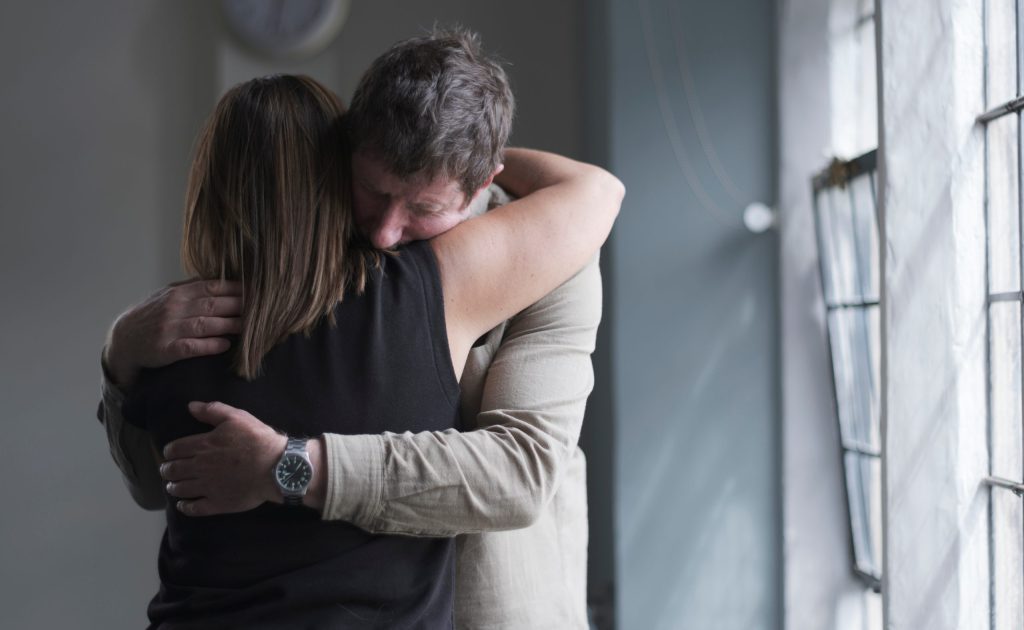HOW TO SUPPORT SOMEONE DEALING WITH GRIEF

By Ashley Whitaker, NCC
Grief is inevitable. It is something everyone will experience at one point or another. It is the only guarantee in life, yet the topic is typically taboo and uncomfortable for most. Often times, it’s treated like a problem to be solved, as if there’s something that can be said or done to make it all magically go away.
When someone responds to grief by withdrawing or being exceptionally sad for what others deem a long period of time, they are treated as if there is something wrong with them. We’ve all heard the classic responses: “They wouldn’t want you to be
sad,” “they’re in a better place now,” “at least you had them for as long as you did,” and several other unhelpful phrases that fill space but do not fix someone’s grief.
The harsh reality of grief is this: it will never go away, it can never be fixed, and there is nothing anyone can do to make it better. Megan Devine, author of It’s Ok That You’re Not Ok, writes: “There’s nothing wrong with grief. It’s a natural extension of love. It’s a healthy and sane response to loss.”
Instead of viewing grief as a solvable problem, try viewing it as an experience in need of support.
Support is generally offered to those grieving in the immediate days and weeks following a death. Then, eventually, people return to their normal lives. The support slowly fades away. Those grieving go on to continue adjusting to this new normal. They cannot just return to their “regular lives” because those regular lives are no more. Their life and who they
A THERAPIST’S TIP:
Don’t take things personally. The person grieving may ignore calls/texts, cancel last minute, or leave early. Emotions are high and often fluctuate. What maybe felt good when the plans were made may no longer feel good. Perhaps the griever wants alone time. Maybe the event they’ve committed to ended up being too much once they arrived. That’s okay. There are a number of reasons a grieving person may decide for or against social engagement. Don’t let this be a deterrent from continuing to reach out and let them know they have support when they are ready for it.
Listening is the best thing anyone can offer to someone grieving.
Generally, it’s difficult for people to just listen to problems without trying to fix them. Everyone wants to provide advice, find a solution, and be the fixer of an unfixable problem. Listening without trying to relate, compare, or fix is more helpful than most even realize. Additionally, saying the deceased’s name and sharing memories also goes a long way. People typically avoid saying the name of the person who died or talking about them in fear of upsetting the griever. The griever, however, often want people to talk about their person. They don’t always want to be the one initiating the conversation because then it feels like they’re the only one keeping their memory alive. Speaking about the person who died to the griever isn’t going to suddenly remind them that they’re sad and they lost someone beloved – they’re already always thinking about the person, whether someone brings them up or not. Knowing they aren’t alone in missing or remembering is super helpful.
It’s natural to want to help someone who is hurt and attempt to make their pain go away.
If you’ve lost a partner and could use some support, check out one of our grief groups for spousal loss. You can also fill out an online intake here or give us a call at 412-366-1300. We’re here to help, however we can.
